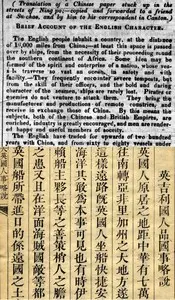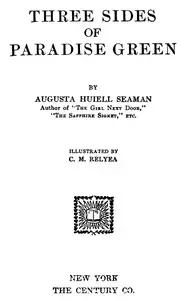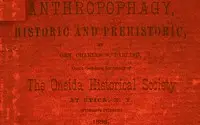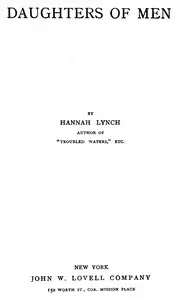"The Wanderer; or, Female Difficulties (Volume 4 of 5)" by Fanny Burney is a novel written in the late 18th century. This work features Juliet, a complex female protagonist navigating through societal challenges and personal dilemmas, as she confronts accusations and struggles for autonomy amidst various male characters, like Lord Melbury and the formidable Mrs. Howel. The novel likely delves into themes of gender, morality, and the societal expectations placed upon women of that era. At the start of this volume, Juliet experiences a tense confrontation with Mrs. Howel, who accuses her of deception and threats of confinement. Lord Melbury attempts to defend Juliet, showcasing his growing concern and affection for her. As Juliet grapples with the ramifications of Mrs. Howel's threats, anxieties about her reputation weigh heavily on her, driving her to seek refuge and clarification from Lady Aurora. The interactions set up a blend of social commentary and romantic intrigue, hinting at the complex relationships and moral quandaries that will unfold in the volume. (This is an automatically generated summary.)

The Wanderer; or, Female Difficulties (Volume 4 of 5)
By Fanny Burney
"The Wanderer; or, Female Difficulties (Volume 4 of 5)" by Fanny Burney is a novel written in the late 18th century. This work features Juliet, a comp...
Frances Burney, also known as Fanny Burney and later Madame d'Arblay, was an English satirical novelist, diarist and playwright. In 1786–1790 she held the post of "Keeper of the Robes" to Charlotte of Mecklenburg-Strelitz, George III's queen. In 1793, aged 41, she married a French exile, General Alexandre d'Arblay. After a long writing career and wartime travels that stranded her in France for over a decade, she settled in Bath, England, where she died on 6 January 1840. The first of her four novels, Evelina (1778), was the most successful and remains her most highly regarded, followed by Cecilia (1782). Most of her stage plays were not performed in her lifetime. She wrote a memoir of her father (1832) and many letters and journals that have been gradually published since 1889, forty-nine years after her death.


















